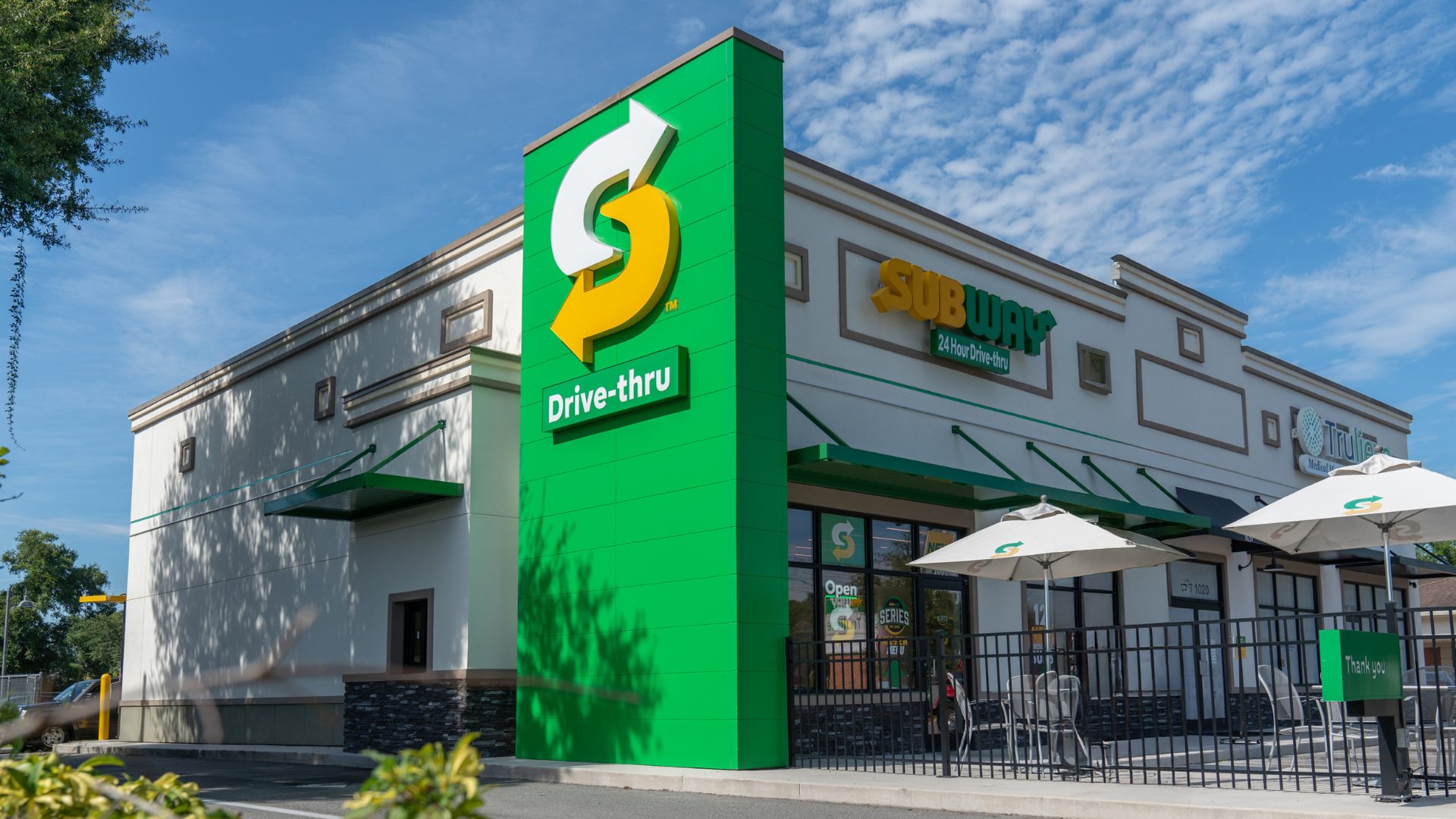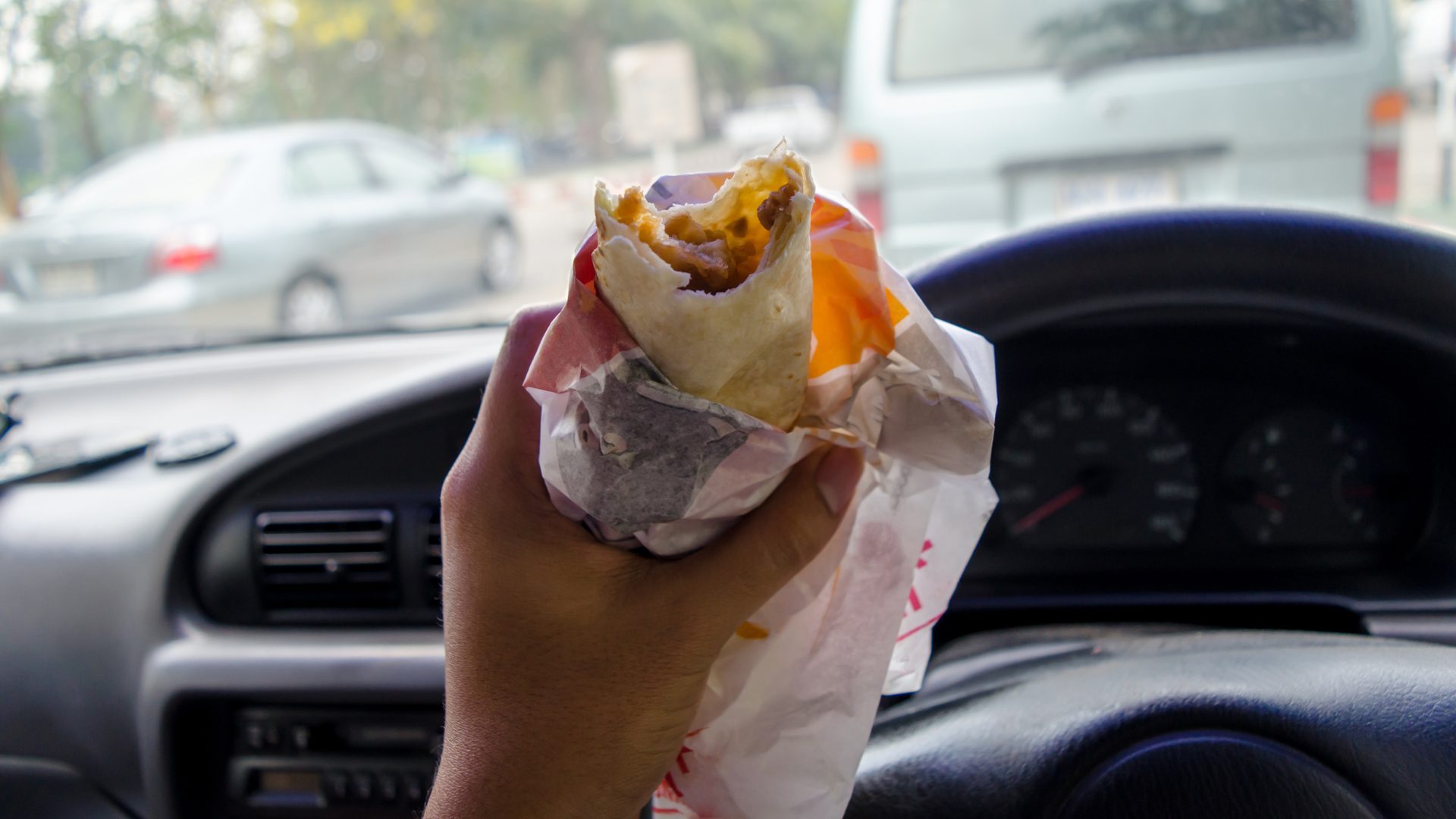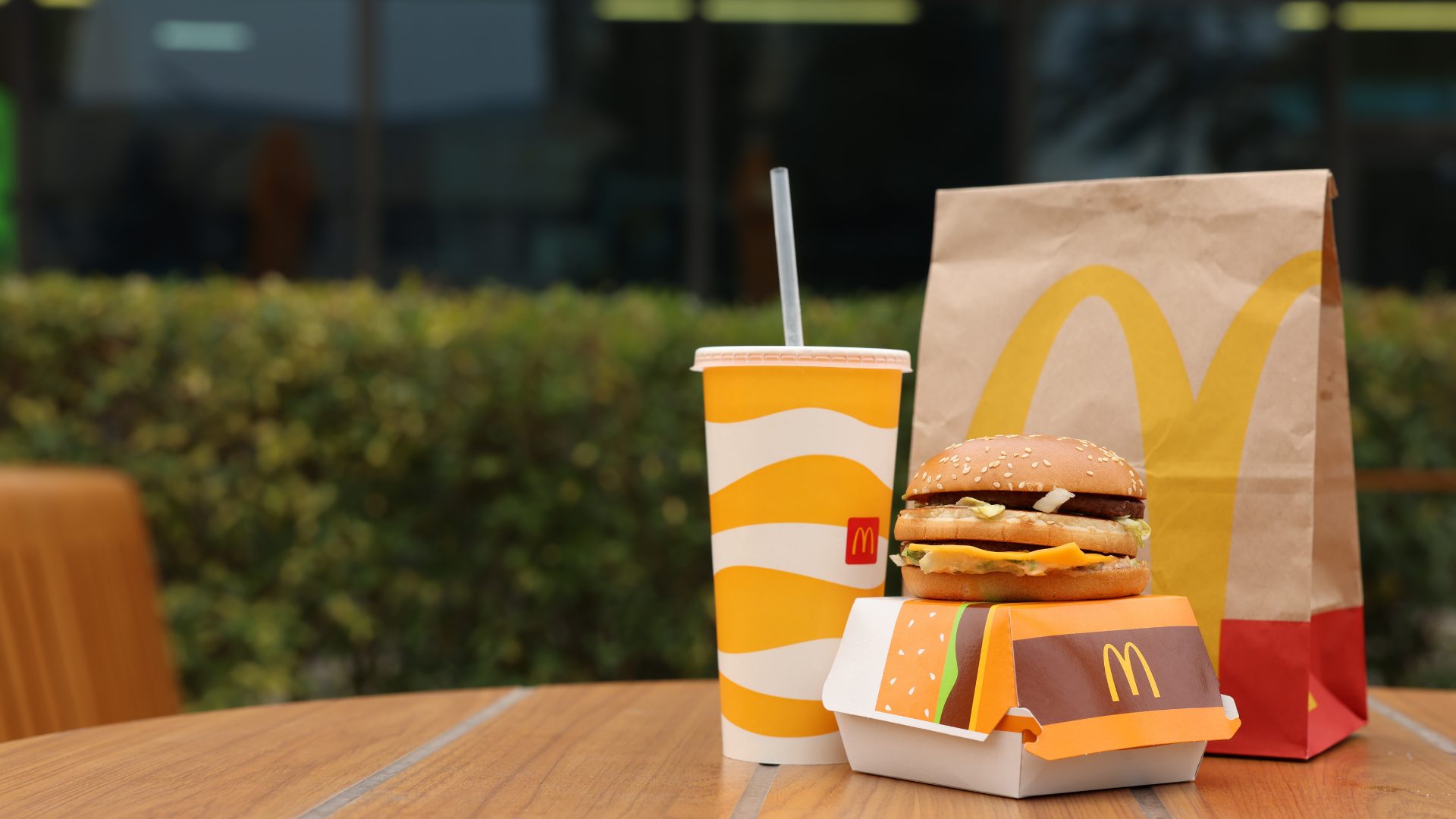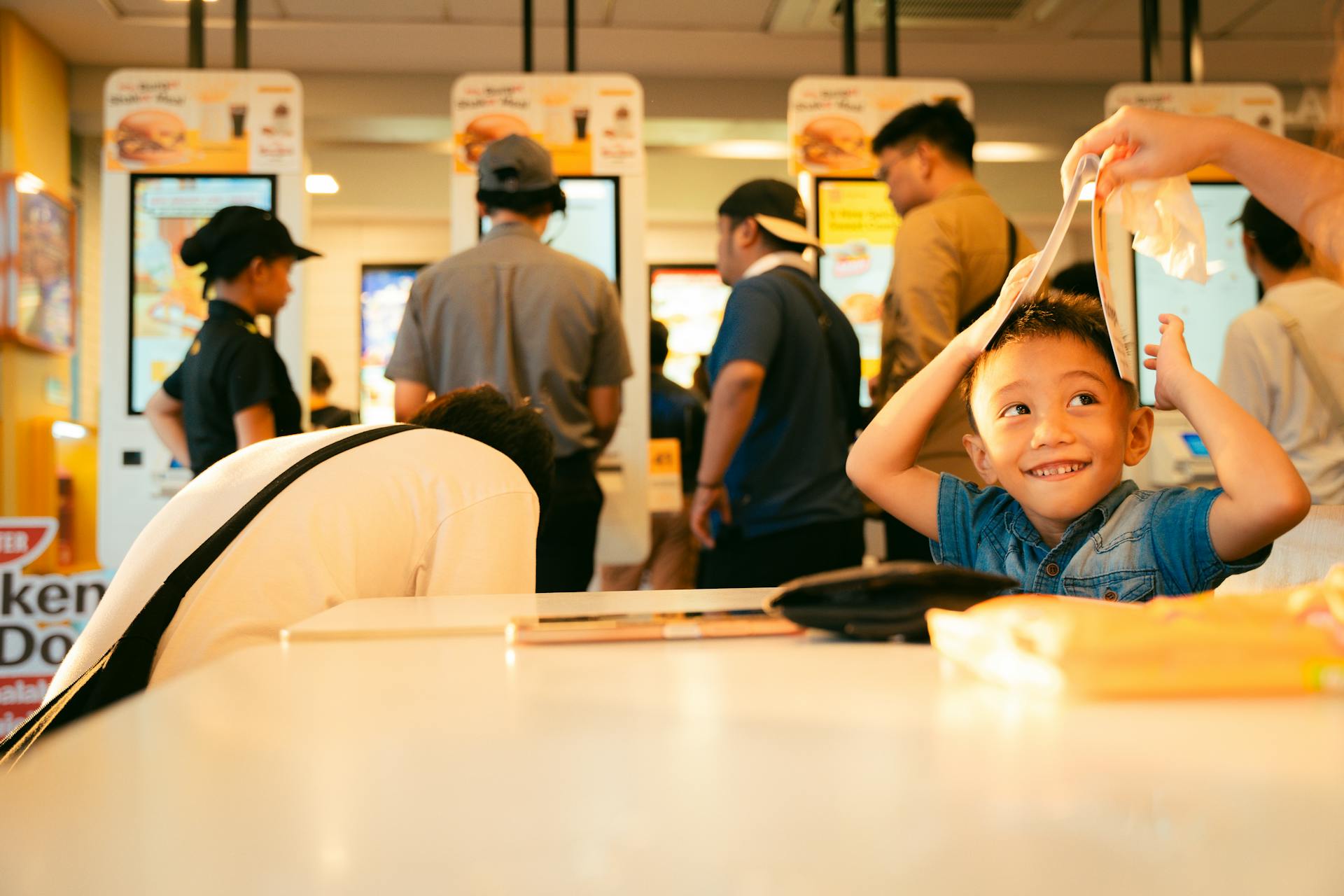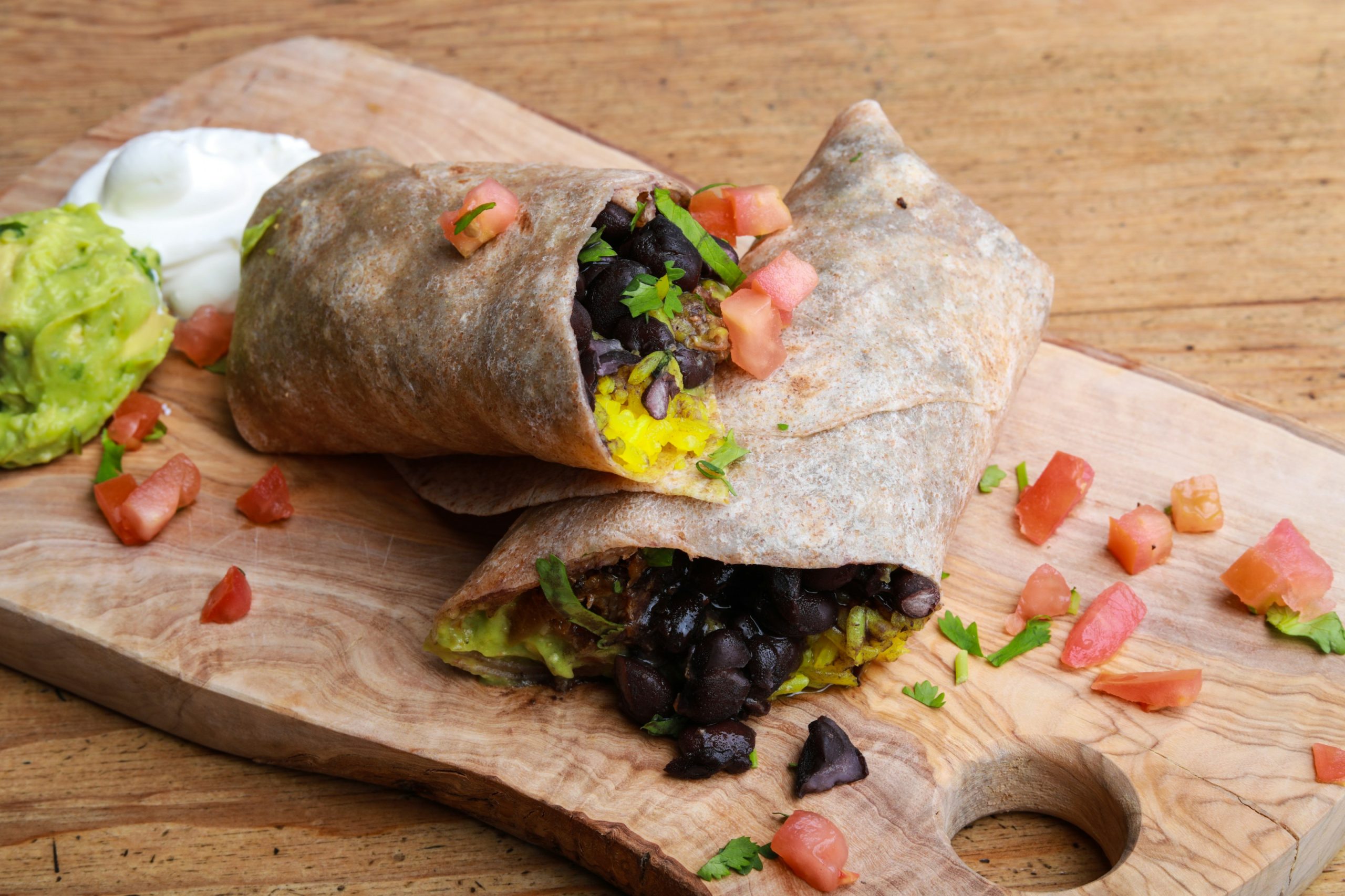As the pandemic appears to subside, at least one major chain is banking on the return of experiential dining that includes entertainment options such as arcade games.
Dave & Buster’s opened eyes in April when it announced the acquisition of 50-location family-entertainment concept Main Event for $835 million.
Some in the industry feel there’s pent-up consumer demand for such experiential dining after more than two years of pandemic-related inconveniences like periodic lockdowns or mask mandates.
“I think the biggest, and most interesting, trend in experiential dining will be the return of the ‘clubstaurant,’” Daniel Levine, a trends expert and keynote speaker, told The Food Institute. “I’m thinking of New York City places like Sushi on Me in Queens, and Zou Zou’s, an Eastern Mediterranean spot in Midtown Manhattan.
“These are fun, gimmicky party places that attract groups with large format entrees, dance beat music, and pitchers of cocktails. Revelers go there expecting to mix and mingle with diners at other tables,” added Levine, director at Avant Guide Institute.
ATTRACTING DIFFERENT DEMOGRAPHICS
Dave & Buster’s transaction is expected to close later this year, with Chris Morris (Main Event’s CEO since 2018) set to serve as CEO of the combined entity. For Dave & Buster’s – a 147-location chain of establishments that each feature a restaurant with an accompanying arcade – the nine-figure acquisition is an indication it feels consumers are ready for a return to experiential spending.
“From a strategic fit perspective, Main Event’s business model, footprint, and asset quality aligns well with Dave & Buster’s,” said Kevin Sheehan, interim CEO, in a press release. “Main Event targets a different demographic – families with younger children – while Dave & Buster’s has primarily targeted young adults.
“Each brand has significant growth opportunities.”
THE SEGMENT’S RECENT STRUGGLES
Prior to the pandemic, mall developers had been courting establishments like Dave & Buster’s, to lessen their dependence on shrinking retailers, reported CNBC. Eventually, however, these businesses struggled, too, during the era of social distancing.
Dallas-based Dave & Buster’s announced layoffs at the end of 2020, reported The Wall Street Journal. But the company returned to profitability in 2021 as its venues reopened and many Americans emerged from the pandemic. Still, the question remains as to just how much demand there is for experiential dining amid society’s “new normal,” as the pandemic seemingly subsides.
Be they so-called “clubstaurants” or “eatertainment” venues, industry insiders like Levine wonder: “Can this model find success with a wider audience, across America?” as Levine asked.
For those operating experiential dining venues, it appears the coming months will offer a significant litmus test.





